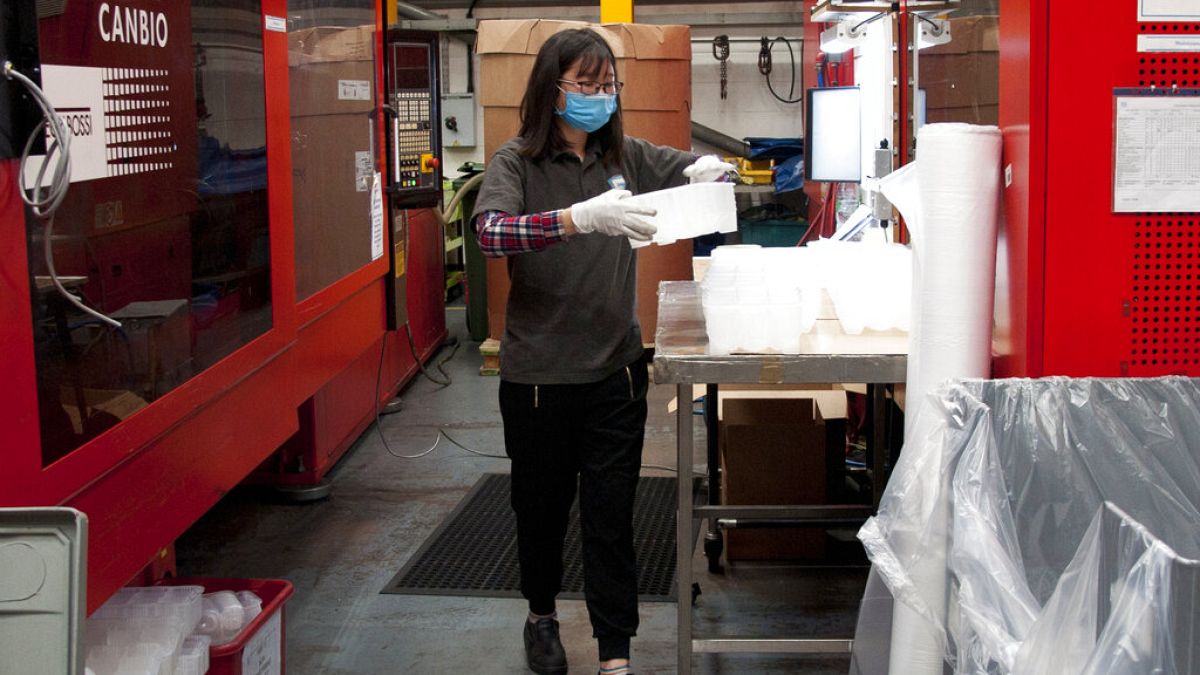The European auto industry is dependent on parts moving from factory to factory, across open borders, with nothing to delay them. Something which in Britain will stop when border controls start in January.
As Britain prepares for its life outside Europe's single market, leaders from the auto industry are evaluating their future in the country. Much will depend on how the border is managed and whether delays caused by customs checks turn out to be a temporary or recurring factor.
The owner of a group of UK car part factories has told Euronews that he’s preparing to open a new factory in Slovakia so he can continue to serve customers on the other side of what he called 'The Brexit Curtain.'
Since the Brexit vote, the number of people working at two UK factories owned by the Goodfish Group has fallen by a third.
"Twelve months after the vote we began to see a drop off in work here for a Japanese customer of ours, based in the UK, who moved production to the Czech Republic fairly quickly," says Goodfish Group Chief Executive Greg McDonald. "And we saw a gradual tail off in that side of our business and we shut it down 18 months ago."
The European auto industry is dependent on parts moving from factory to factory, across open borders, with nothing to delay them. Something which in Britain will stop when border controls start in January.
"It means that a manufacturer can get the parts they need only a day or two before they actually need to use them. If the 'just in time' method were impacted, we’d probably see manufacturers having to invest a lot more in warehousing so they can start stockpiling," explains Anna-Maria Baisden, who's Head of Autos at Fitch Solutions. "If they don’t have that in place then they could end up with shortages and that impacts their production. Even these small costs like warehousing they all add up."
And extra costs always make industry leaders rethink.
"JLR with Land Rover. JLR has gone off to Slovakia and built an enormous plant there," says Greg McDonald.
"And I eventually decided that Slovakia was the place to be because we could so quickly get to Poland, Czech Republic, Hungary, Romania. And we’re ready. I’ve visited potential sites. And I’ve just done everything I could apart from press the button. I’ll press the button when customers say: “We need this made on the other side of the Brexit curtain.”
It’s a decision that many leaders in this industry now face. If they’re no longer connected to a seamless European supply chain; and have to deal with paperwork and delays as they cross the English Channel then should they stay or should they go?
Last month, BMW said it would stop making electric engines at its factory near Birmingham and use it to build petrol and diesel engines instead; products that will be obsolete in the next 20 years.
Car factories are multi-billion-euro investments. You don’t simply pack up and move. But as big decisions loom about the future factories; a hard border is unlikely to count in the UK’s favour.
